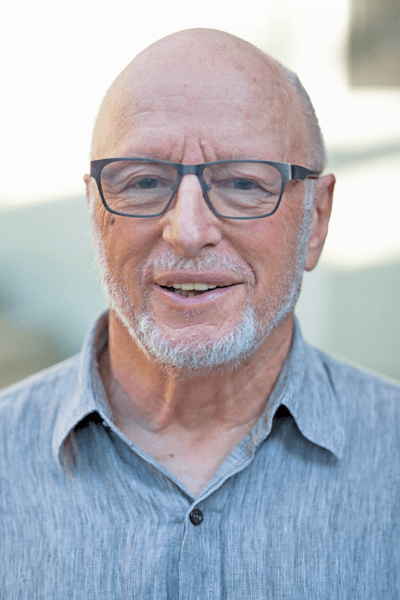The unanimous verdict is in and the outcome is not terribly surprising. Derek Chauvin, the former Minneapolis Police officer stands convicted on all counts: second-degree unintentional murder, third-degree murder and second-degree manslaughter. Was it a fair trial? That’s a little difficult to say at this point. The evidence, principally the video, pretty much spoke for itself. George Floyd was on the ground, on his stomach, handcuffed and no threat, and yet Chauvin kept his knee on his neck, choking him for nine minutes. Witnesses and even other cops shouted at Chauvin to stop but he didn’t stop, and no one moved to make him stop. What you don’t always get in the news reports but what I’m sure became very clear in the courtroom is that Chauvin is a very scary guy and ice cold. That ice coldness came through even in the photos and video. So, I would have to conclude that despite the highly charged atmosphere, he got a fair trial on the issue of his guilt. The tougher question is the sentencing. That’s where the political pressure builds and whatever the judge does, the appellate court is going to comb through it. Typically, the judges have a wide latitude. He can sentence the maximum on each count or less. He can typically make the defendant serve them concurrently or consecutively. If consecutively, it means the defendant serves a lot longer time in prison. Well known politicians have spoken out and in some ways that poisons the well; still, that’s the judge’s job, to see through it all and deliver justice. But what people consider a just outcome varies enormously in our world and it’s going to be a very difficult decision on sentencing.
•••
Like many of you I follow the news and it seems like every day we get reports of multiple murders happening all over the country. It looks to me like we are going through a severe nationwide mental health crisis. Many of the murderers seem to be very angry people carrying assault type weapons, killing people they may know and in many other cases killing people they don’t know who were just unfortunate enough to be in their vicinity when the murderers go off. We’ve all essentially been locked up for over a year and all the usual safety valves were closed down to us—the local bar where you met friends and blew off steam, the restaurant where you would eat out, the ball game where you became part of a mass of people, all were all closed down and each of us began to boil a bit. I can see it at the newspaper by the tone of the letters to the editor and the online comments people post. Everyone seems to be on a hair trigger, easily agitated, and we have all spent too much time on our phones following the news. There is also another gigantic factor effecting our mental health and that’s the algorithms that are built into the search mechanism on our phones. If you look at stories about police shootings, the algorithm knows that and will send you more stories about shootings until you are guaranteed to be depressed. It works the other way, also. Just hit on a few conspiracy posts and you’ll quickly be inundated with dozens of conspiracy theories. If that’s all you see, you can easily believe there is a deep state stealing away your nation. So, where do you go for objective news? Culturally, we’ve reached the point that many Americans believe the only objective news is something that agrees with what they already believe. If they read something they don’t agree with, well then, that’s got to be fake news. So, people live in information silos and only get one side of everything. Historically, this highly partisan information is not really the exception—it’s really the rule. When there were lots of newspapers, many people just read the newspapers they agreed with. If you read the NY Post (which was actually liberal in the past) you generally didn’t read the Daily News or Daily Mirror. Early in colonial and post-colonial America, the newspapers were a combination of news and mainly opinion journals with little attempt to be objective. What we call objective journalism really didn’t happen until midway through the 20th century. TV helped objectivity because there were really just three important news channels—CBS, NBC and ABC. Walter Cronkite spoke for the middle of the middle, as did the others. Today, it’s hard to find any middle of the middle anymore and the big ratings go to the extremes, and of course the big bucks follow the audience and today the audience is in the extremes.
•••
This past Saturday, the LA County Office of Education, LACOE, the county agency that is ultimately going to decide if we get our own school district, held a Zoom public hearing and I’ve been told 300 people attended. If you believe the Santa Monica contingent, Malibu is an all-white school system trying to break away so they can be an even whiter school district. They played the race card because, I suspect, they believe that is their strongest legal argument. The agency is first going to have to decide if we are viable as a school district. To put it another way, will we have enough students and enough money? Then they probably have to decide if splitting us is a good idea. Do we have irreconcilable differences that only a divorce can cure? If the answer to both questions is “yes,” then lastly, they are to have to help work out a divorce settlement. In any case, it’s going to take time, consultants and, hopefully, we will come out the other end with our own school district and a deal we can live with.

